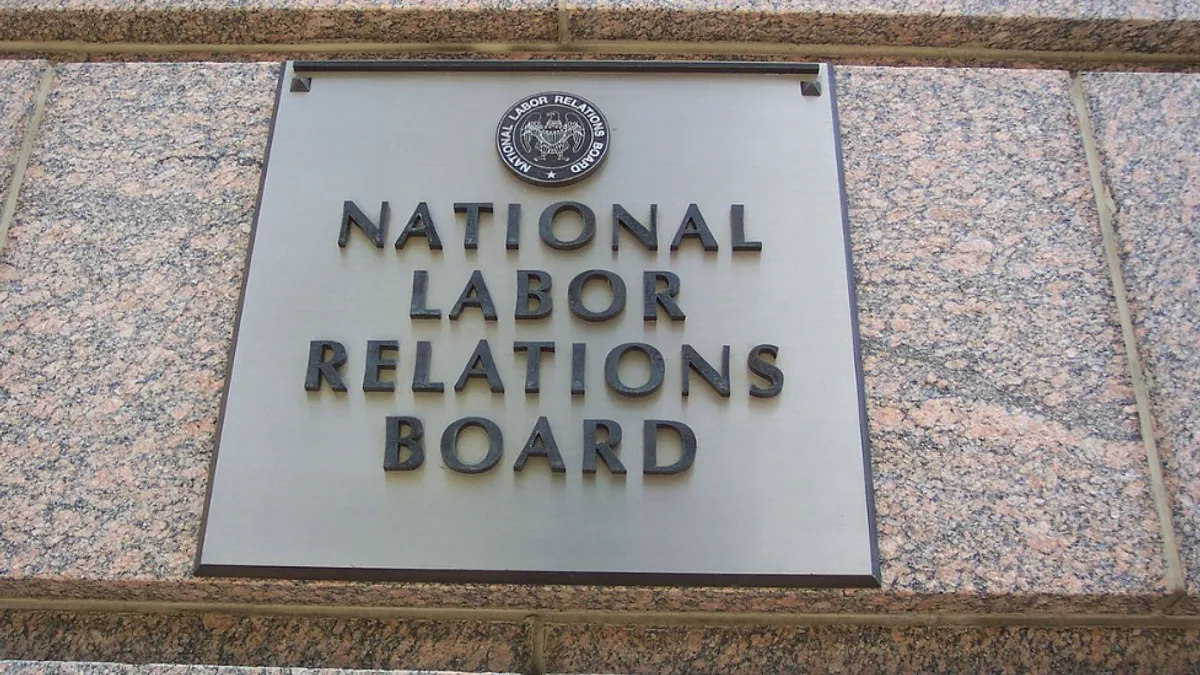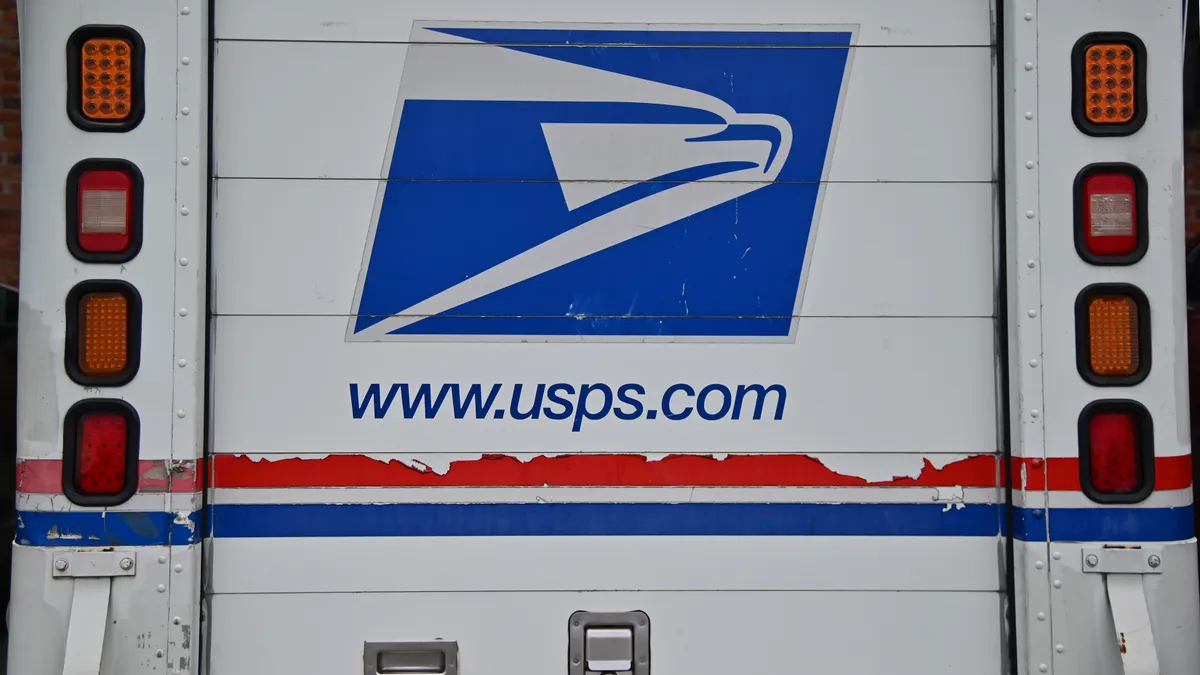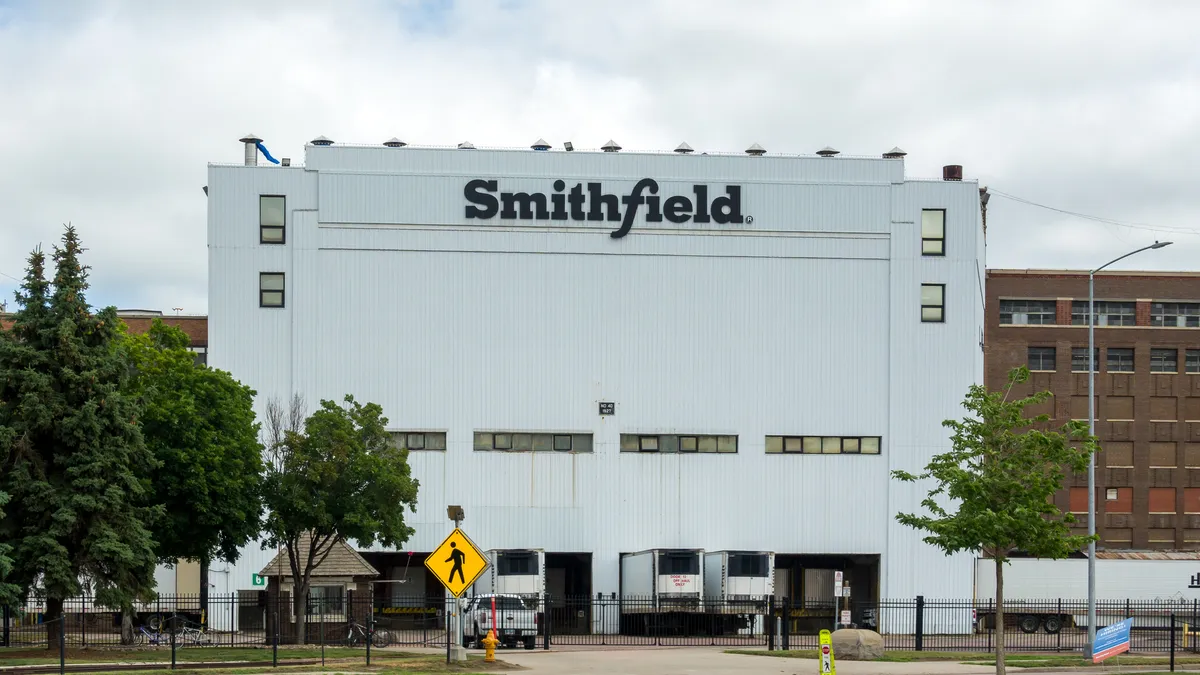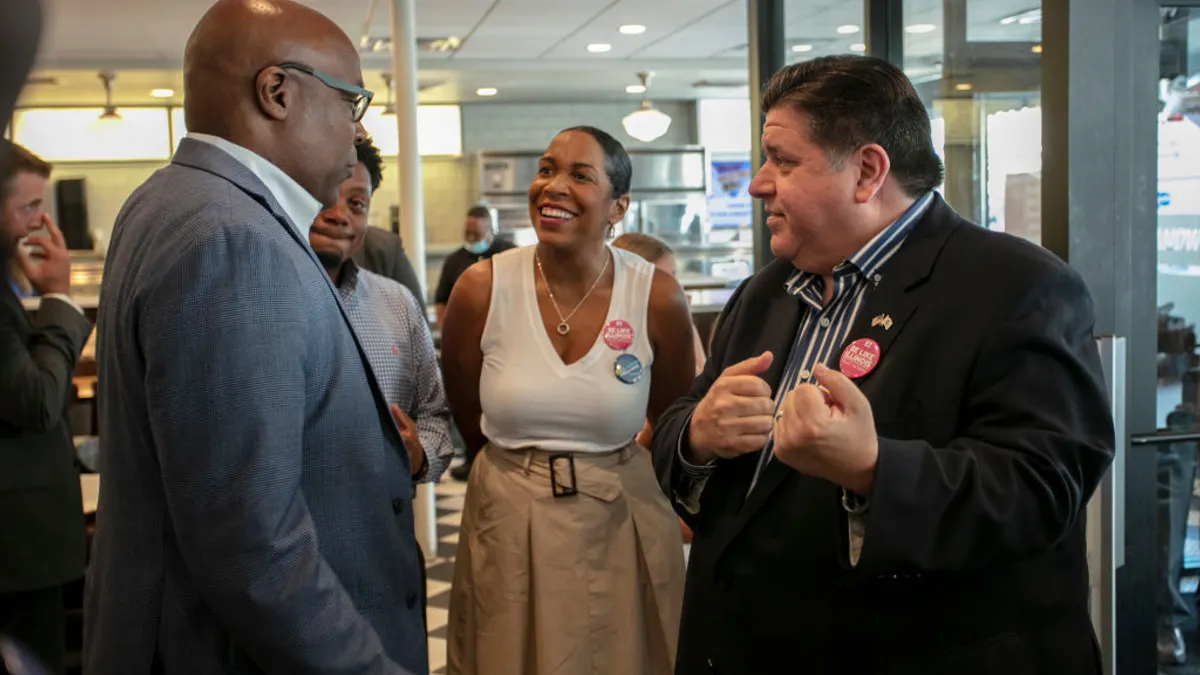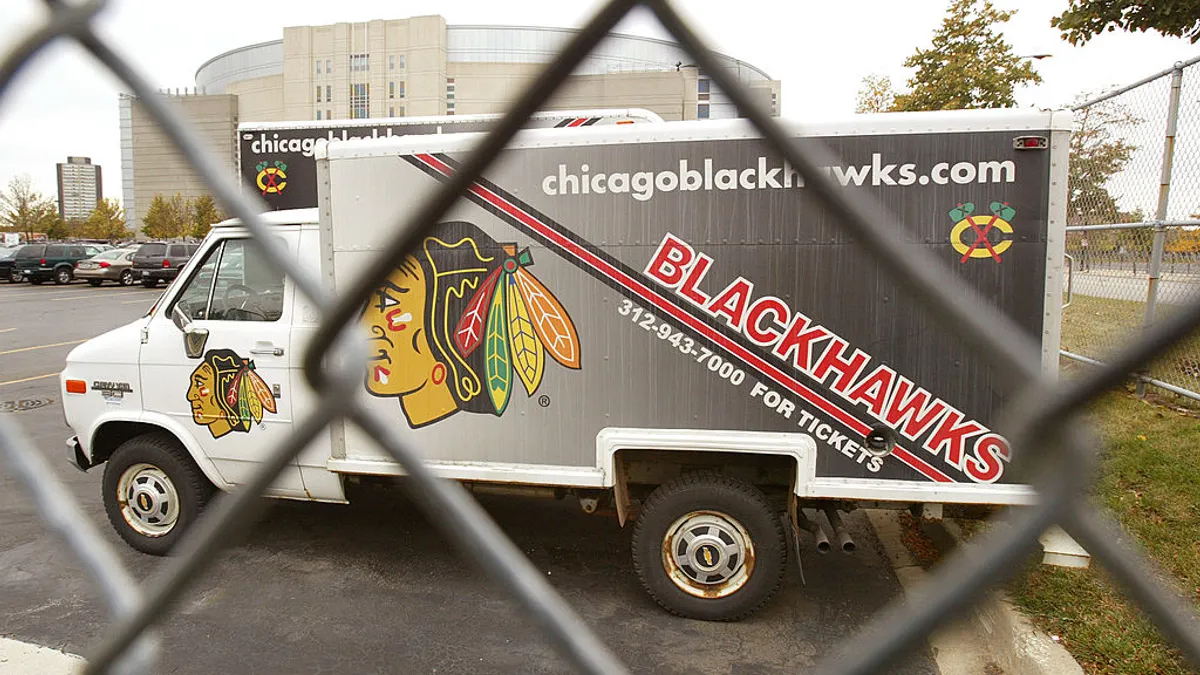WASHINGTON — The nation’s top watchdog for organized labor has a backlog of case filings growing at such an exponential rate, National Labor Relations Board Chair Lauren McFerran compared it to an infamously chaotic TV scene.
“It’s like Lucille Ball at the chocolate factory,” McFerran quipped during a presentation Thursday at the American Bar Association’s 2022 Section of Labor and Employment Law conference. “It’s safe to say we’re having a hard time keeping up.”
The NLRB has issued more than 240 decisions in 2022 and median processing time for charges is down 14% compared with the same period last year, she said, which has translated into fewer delays for union representation elections and ballot counts and faster case uptake from the board.
Despite those upbeat metrics, McFerran told attendees that NLRB faces a “looming financial crisis” in the near future due to stagnant government funding dating back to 2014. Staffing at the agency has dropped 36% during that time — and is now at its lowest level in a decade, per McFerran.
“We are asking people to do more with a whole lot less,” McFerran said, adding that the board faces a multibillion-dollar shortfall. “This would be a worst case scenario.”
McFerran’s concerns were echoed by NLRB General Counsel Jennifer Abruzzo, who in a separate session praised the agency’s career staff for handling an increased workload even as their ranks have thinned; since 2014, the number of board agents in the field has declined from 1,100 to 700, Abruzzo said.
“It’s a significant decrease, and yet they are doing tremendous work and serving the public in the most quality and efficient manner possible,” she continued. “To the extent that [there have been] delays in case processing, don’t blame them. And don’t take your frustrations out on them. They are doing their best under really challenging circumstances.”
That the NLRB faces such challenges is notable given what has been a banner year for organized labor in the U.S. High-profile unionization wins at Starbucks and Amazon, among other employers, have provided momentum in sectors that have largely dodged unions in years past.
Another sign of growing worker interest in unions? The U.S. Department of Labor reported earlier this year that union elections submitted between October 2021 and June 2022 were up 58% compared to the same timeframe one year prior.
But the board has been heavily involved in the biggest unionization pushes. For example, it has seen close to 900 union representation and unfair labor practice cases involving Starbucks alone, said Peter Sung Ohr, NLRB’s deputy general counsel. The wave of charges has reached multiple regions of the country and staff at headquarters are regularly meeting with local offices to understand the facts of each case and provide guidance.
“The work that’s being done to process these cases [and] investigate in a top-quality manner is just mind-blowing,” Ohr said.
In a scene that perhaps demonstrated just what NLRB staff are up against, Ohr told attendees that a Seattle-based NLRB attorney had recently closed an unfair labor practice hearing with Starbucks. “We had, what I was told, our attorney prosecuting the case, and Starbucks brought in 12 attorneys,” Ohr said. “But I’m biased. I’ll take my one attorney over those 12 attorneys any day of the week.”
The board also has continued its rulemaking activities, with the deadline for comment on its previously proposed independent contractor rule set for Dec. 7, 2022. McFerran said Thursday NLRB does not plan to implement any further extensions “absent extraordinary circumstances.” Earlier this month, the agency proposed a separate rule on certain representation election procedures.
In the meantime, the agency is resolving cases and issues as quickly as it can, said Abruzzo, but its funding woes reduce its capacity for both employee and employer outreach that could prevent inadvertent violations and remedy those that do occur. Abruzzo added that she had no plans to consolidate regions or close regions at present, but should the board’s fiscal stagnation persist, that could change.
“A fully funded, fully functional NLRB is so important for everybody,” Abruzzo said. “We’re promoting workplace stability. We’re diminishing workplace conflict. That’s what we’re supposed to do and that’s what we are doing. Everyone, no matter what side of the aisle you’re on, should want that.”



